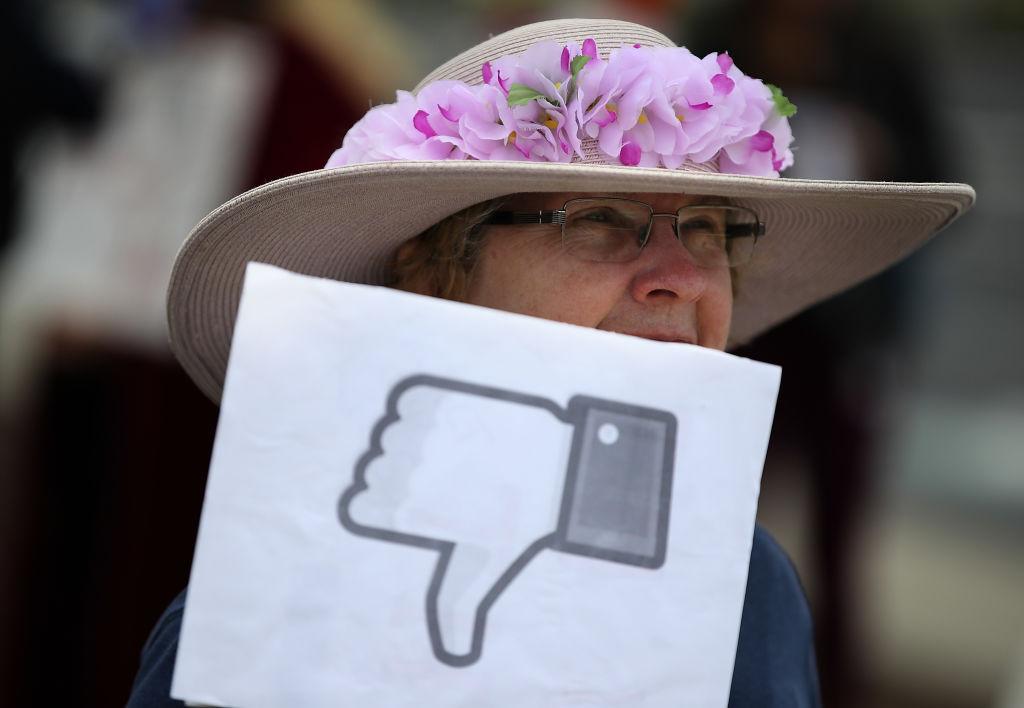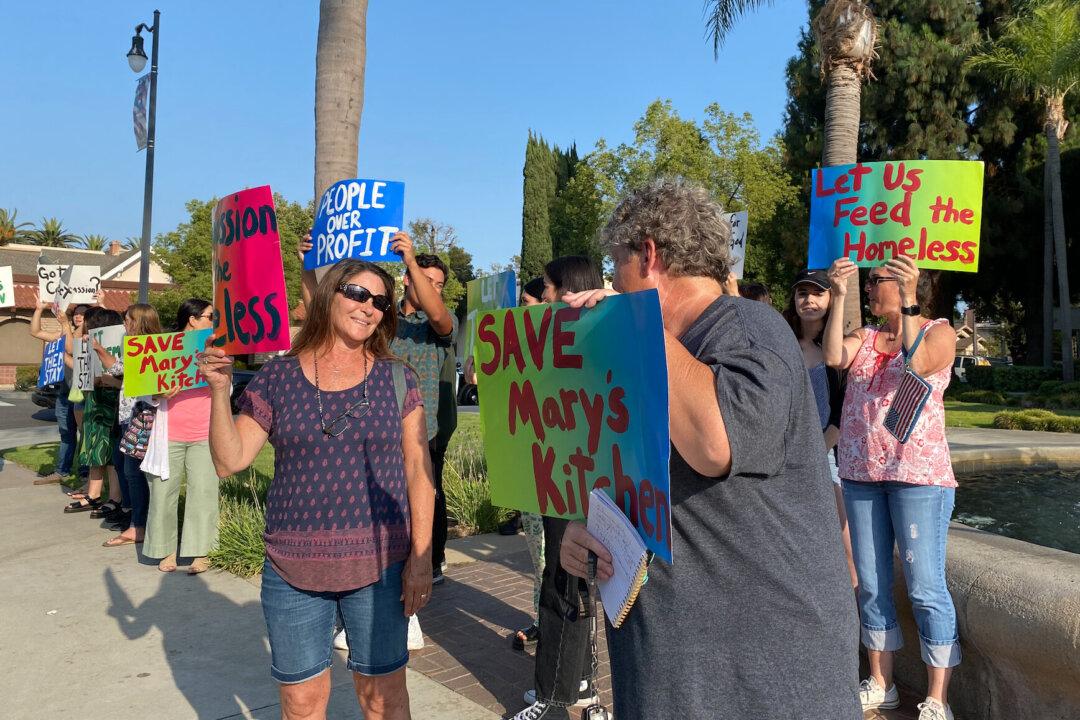A landmark data privacy law went into effect in California on Jan. 1, the first of its kind in the United States. In 2018, a similar law took force in Europe. Their differences highlight issues regarding data privacy legislation that may continue to arise as similar laws roll out in other places.
In California, it’s called the California Consumer Privacy Act (CCPA). In Europe, it’s called the General Data Protection Regulation (GDPR).





